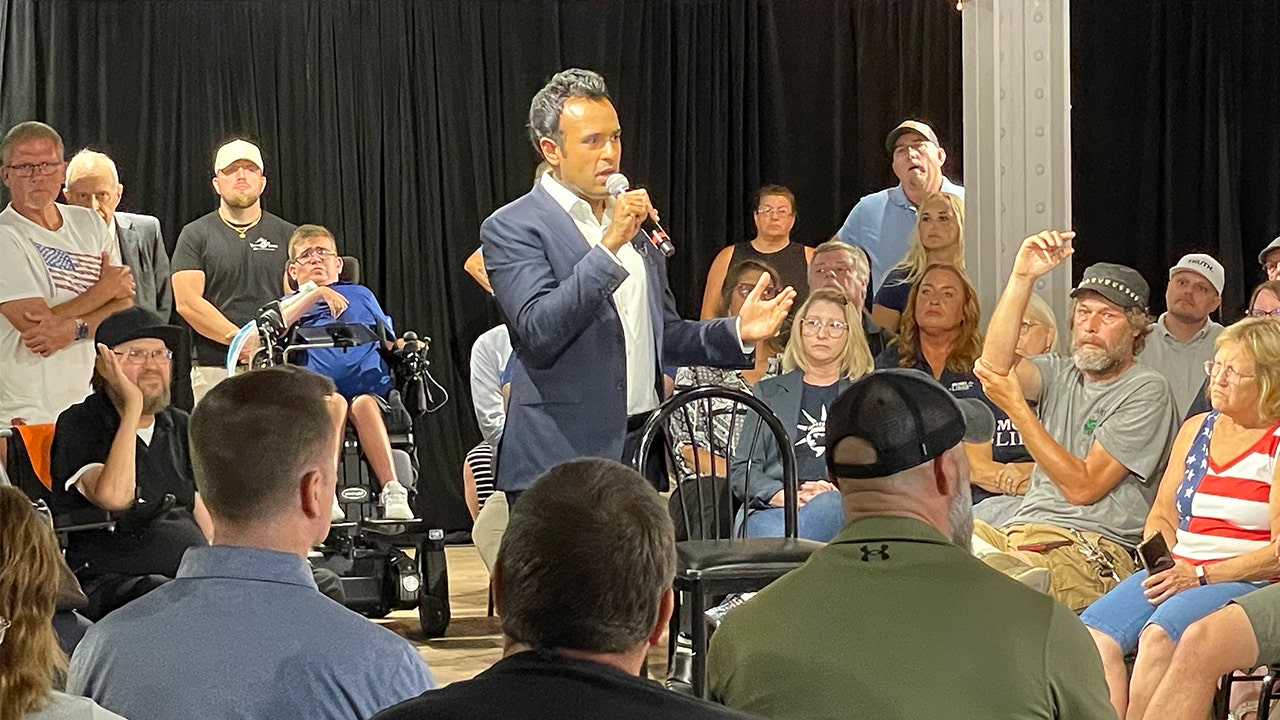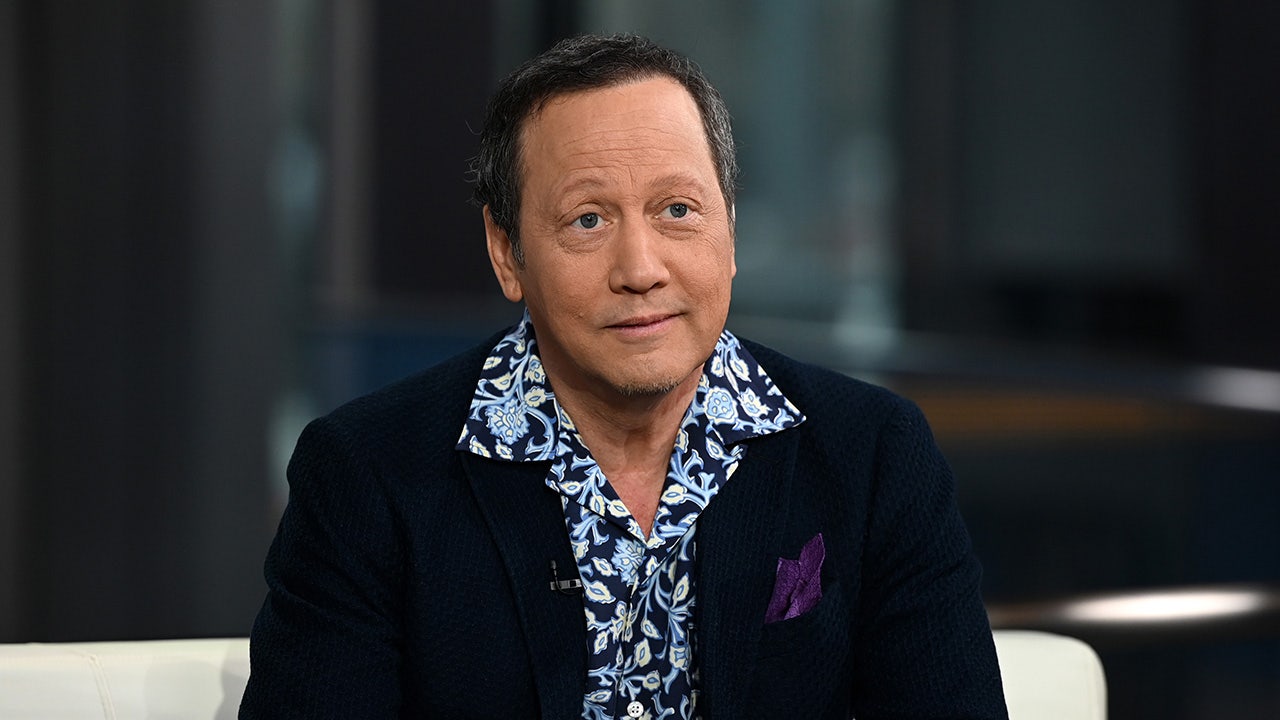The Washington Post editorial board suggested on Sunday that universities eliminate the Diversity, Equity and Inclusion (DEI) statements required for professors seeking employment, because the statements often require candidates to anticipate the politics of university faculty.
“The last thing academia — or the country — needs is another incentive for people to be insincere or dishonest,” the board wrote. “Whatever their original intent, the use of DEI statements has too often resulted in self-censorship and ideological policing.”
Potential university hires explain how they might advance DEI in their position at the university in these statements.
DEI statement requirements are often “vague,” according to the Post, and therefore, teaching candidates often find themselves anticipating the university’s political leanings. The editors noted that university faculty are “disproportionately left-leaning.”
The Washington Post editorial board came out against the DEI statement requirement at colleges and universities on Sunday. (AdobeStock/WashingtonPostScreenshot)
The Massachusetts Institute of Technology (MIT) scrapped diversity, equity and inclusion (DEI) statements from its faculty hiring process in early May.
An MIT spokesperson told Fox News Digital that “requests for a statement on diversity will no longer be part of applications for any faculty positions at MIT” and added that the decision was made by the school’s president, Sally Kornbluth, with the support of the Provost, Chancellor, and all six academic deans.
“My goals are to tap into the full scope of human talent, to bring the very best to MIT, and to make sure they thrive once here,” Kornbluth said.”We can build an inclusive environment in many ways, but compelled statements impinge on freedom of expression, and they don’t work.”
The MIT communication lab previously described the statements as an “opportunity to show that you care about the inclusion of many forms of identity in academia and in your field, including but not limited to gender, race/ethnicity, age, nationality, sexual orientation, religion, and ability status.”
Dr. Sally Kornbluth, president of the Massachusetts Institute of Technology, testifies about antisemitism on college campuses before the House Education and Workforce Committee on Dec. 5, 2023, in Washington, D.C. (Getty Images)
The Washington Post also expressed support for DEI programs at colleges and universities in their editorial, which they believe to be “vital.”
Harvard Law professor Randall L. Kennedy called on the university to eliminate DEI statements in a column for the Harvard Crimson in April.
Kennedy, who is the Michael R. Klein Professor at Harvard Law School, claimed these statements are essentially “pledges of allegiance” that “enlist academics” to adopt tenets of the DEI movement through “soft-spoken but real coercion.”
Banners for Harvard Law School fly during the inauguration of Lawrence Bacow as the 29th president of the university in Cambridge, Massachusetts, Oct. 5, 2018. (Reuters/Brian Snyder)
Fox News’ Teny Sahakian and Nikolas Lanum contributed to this report.
Hanna Panreck is an associate editor at Fox News.




